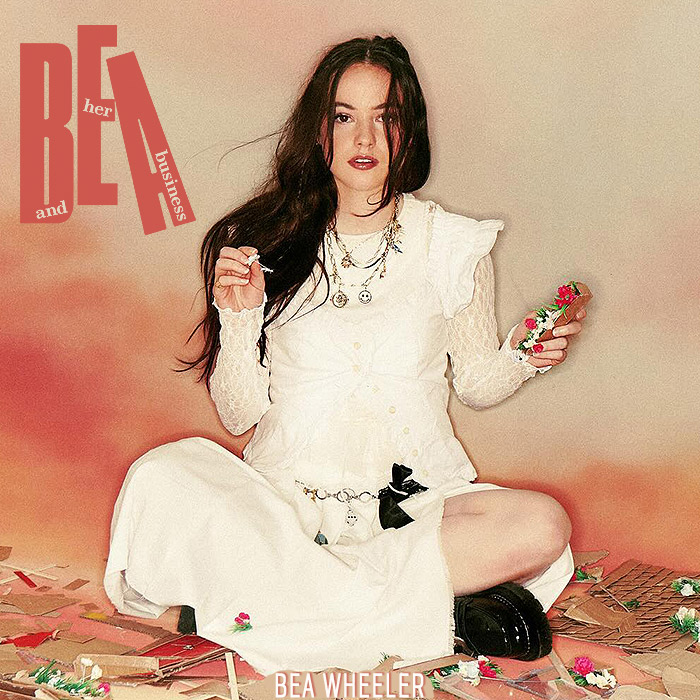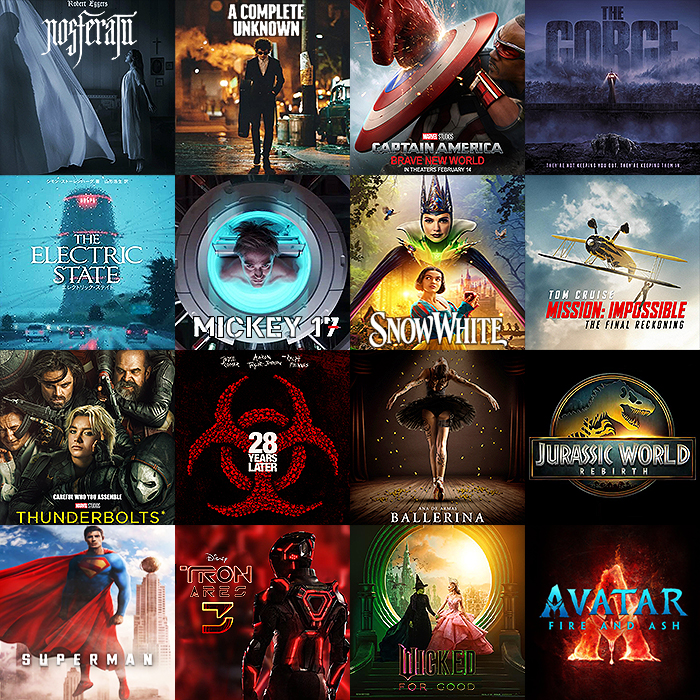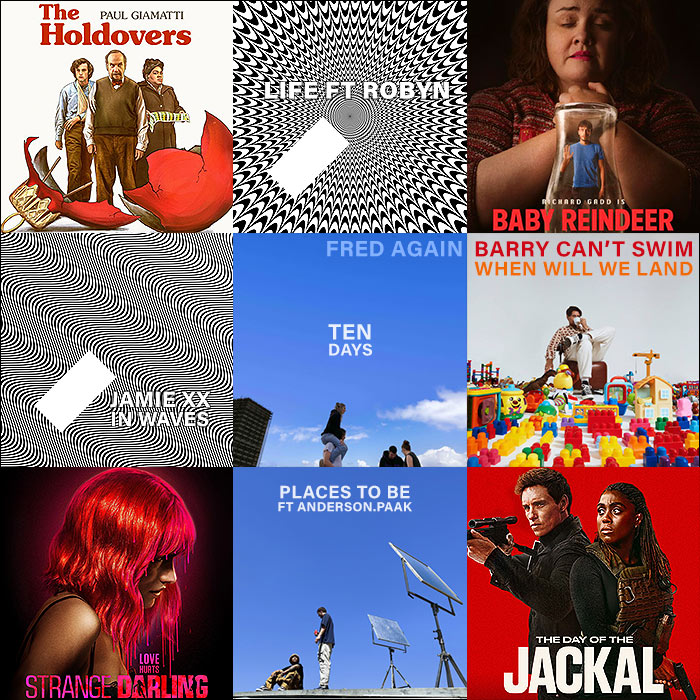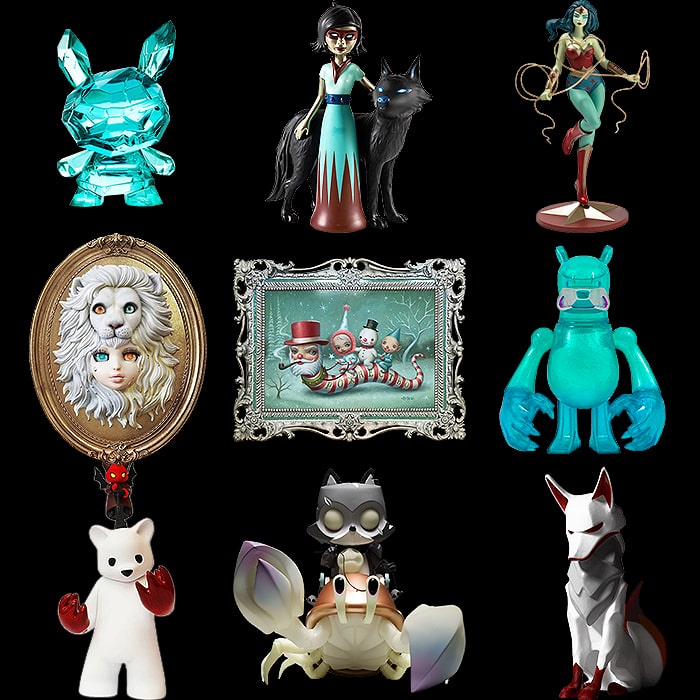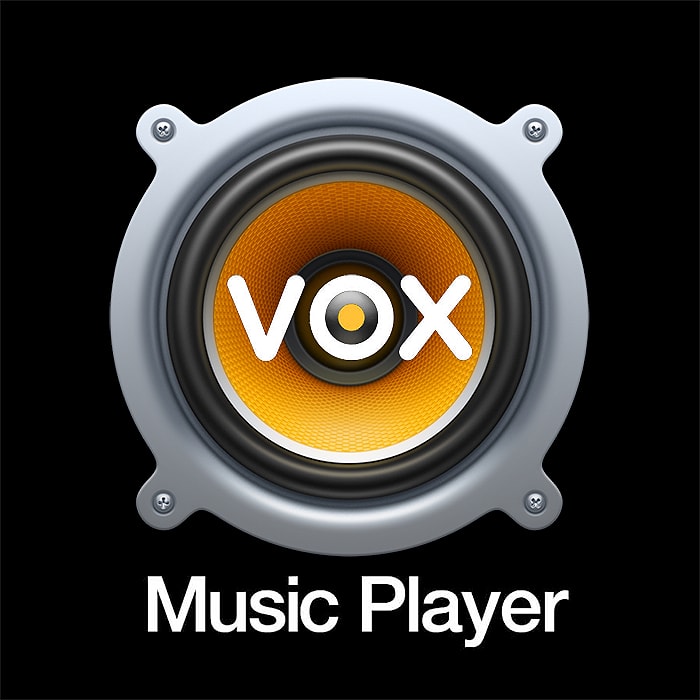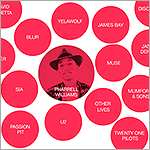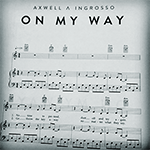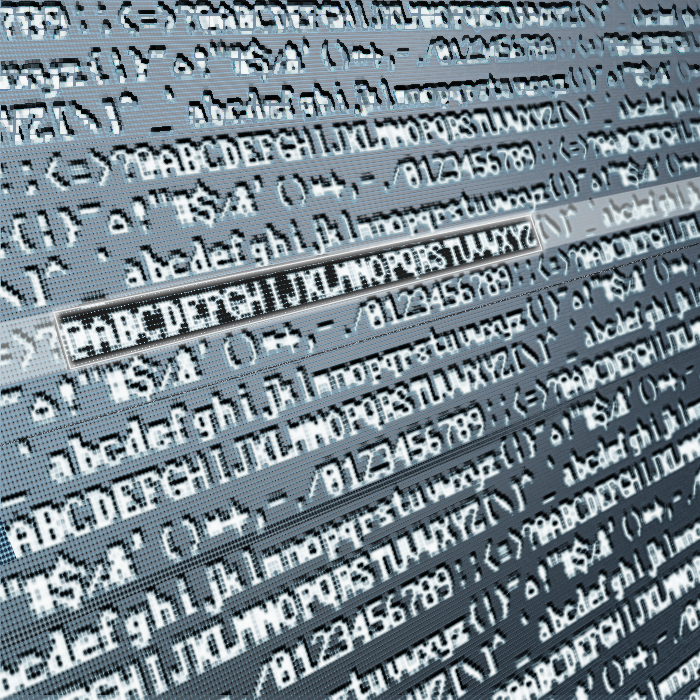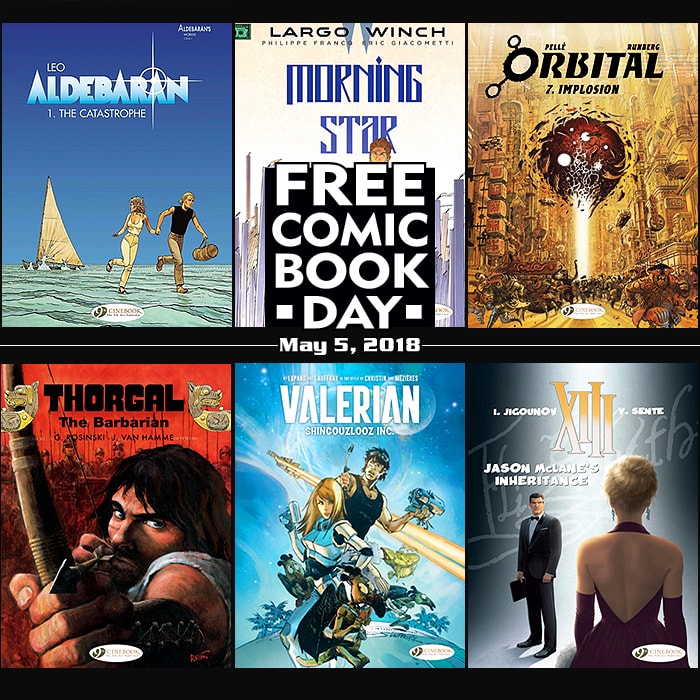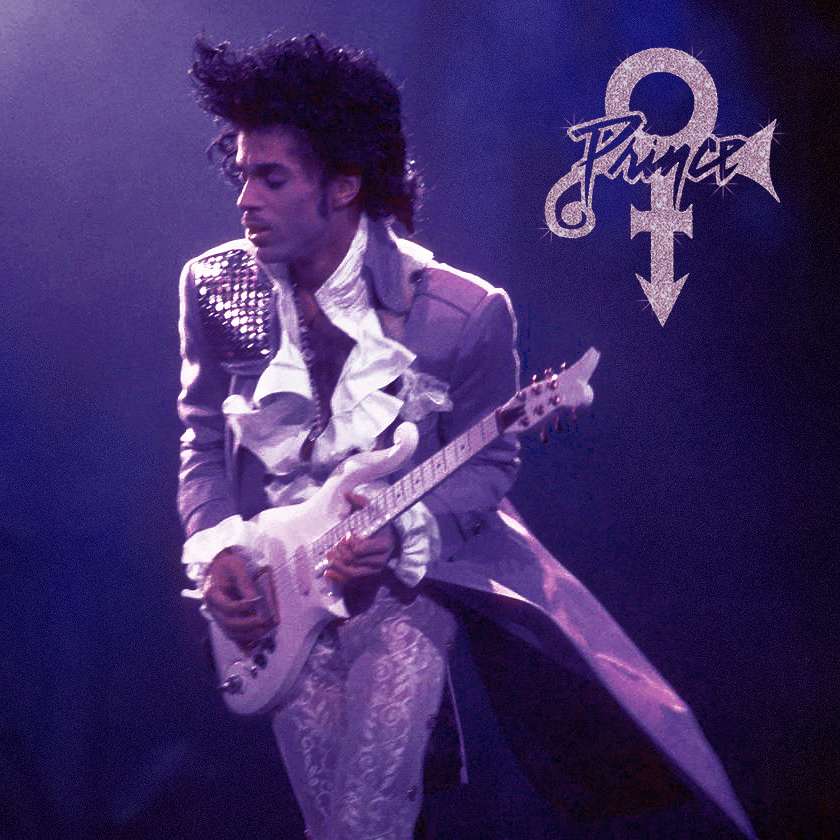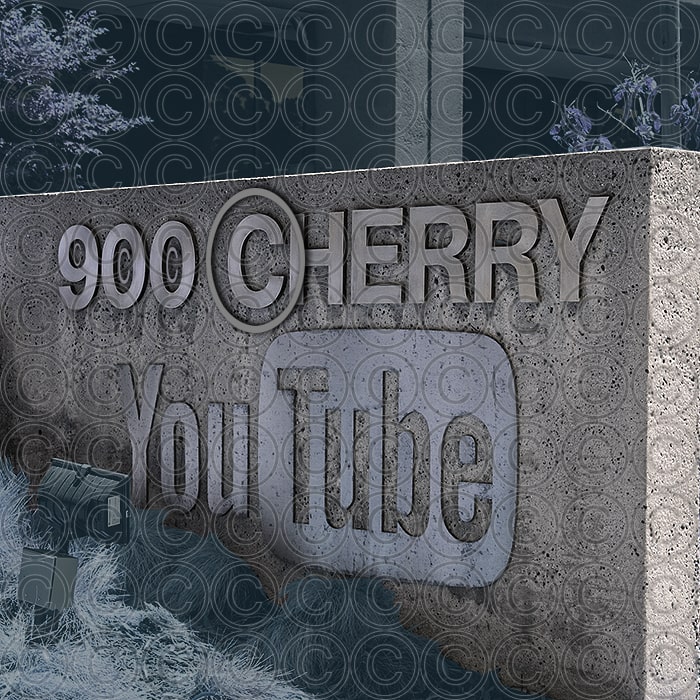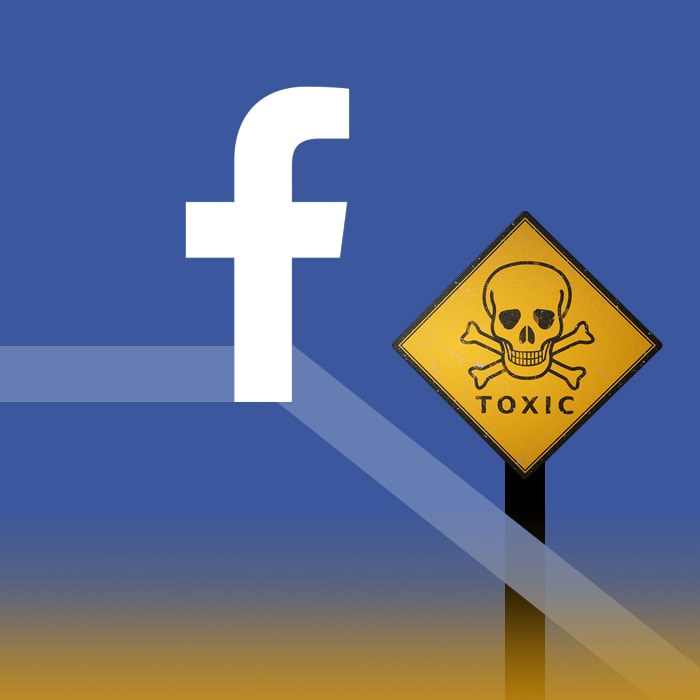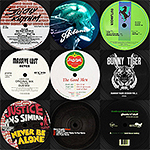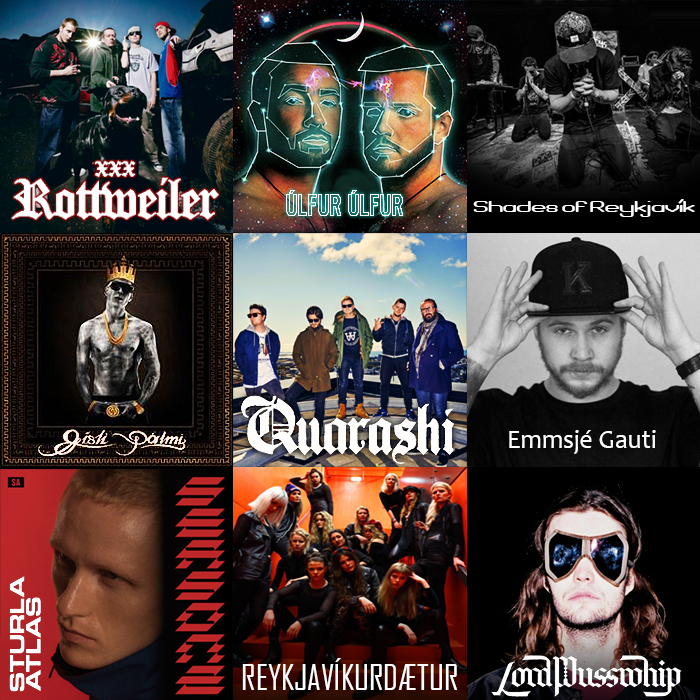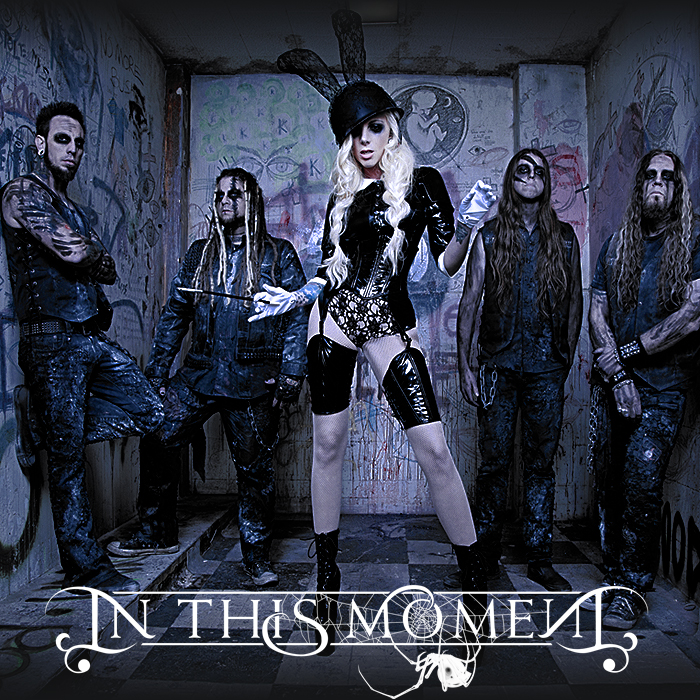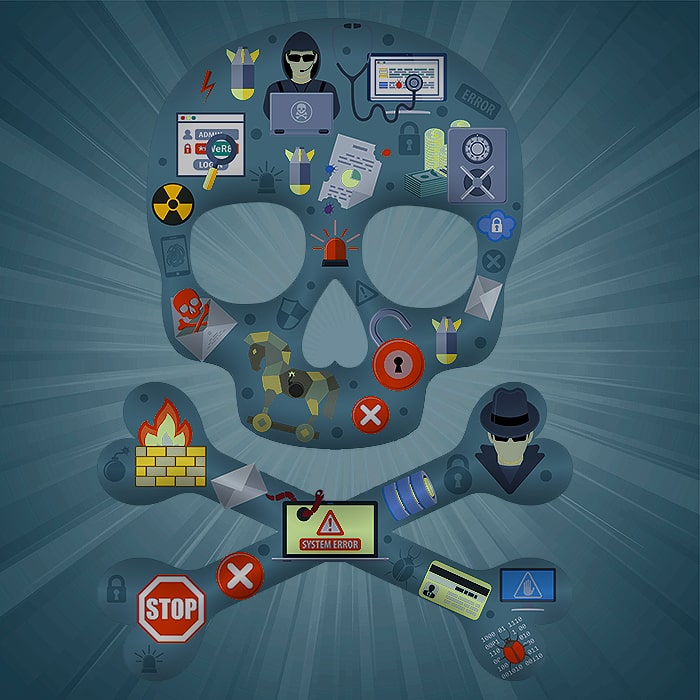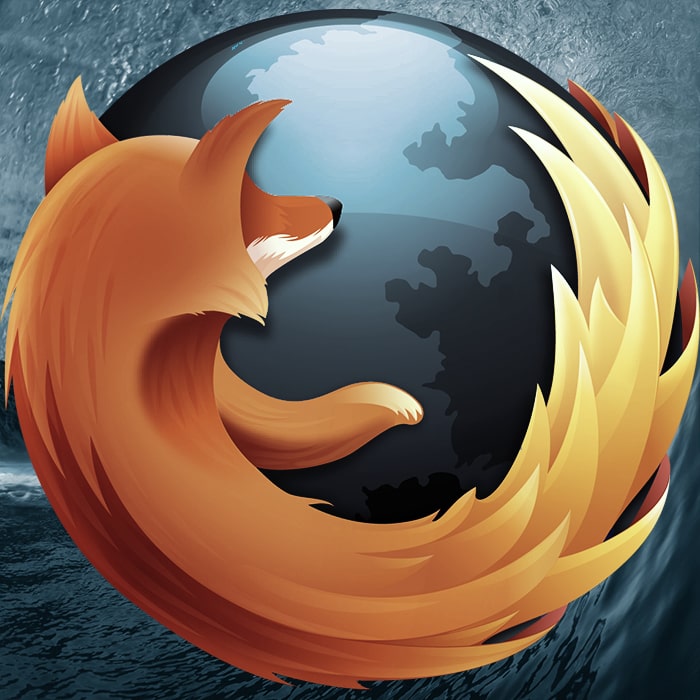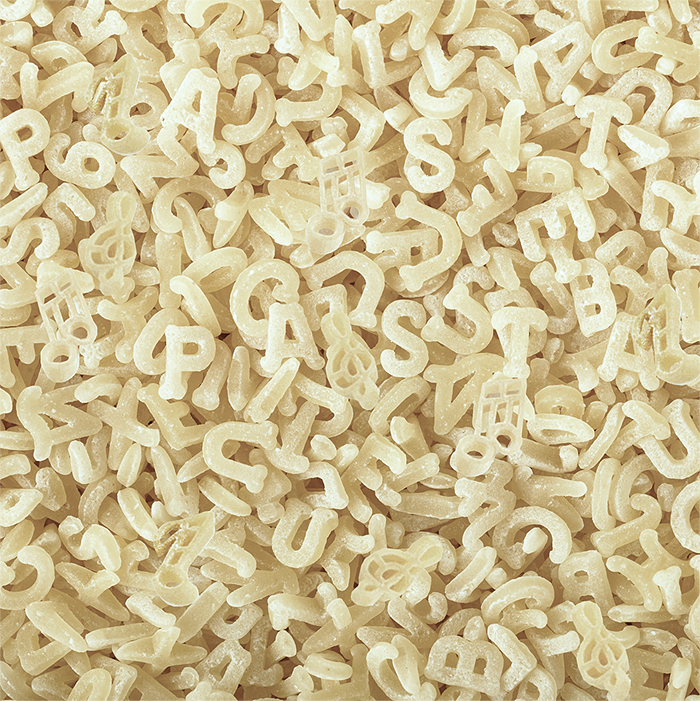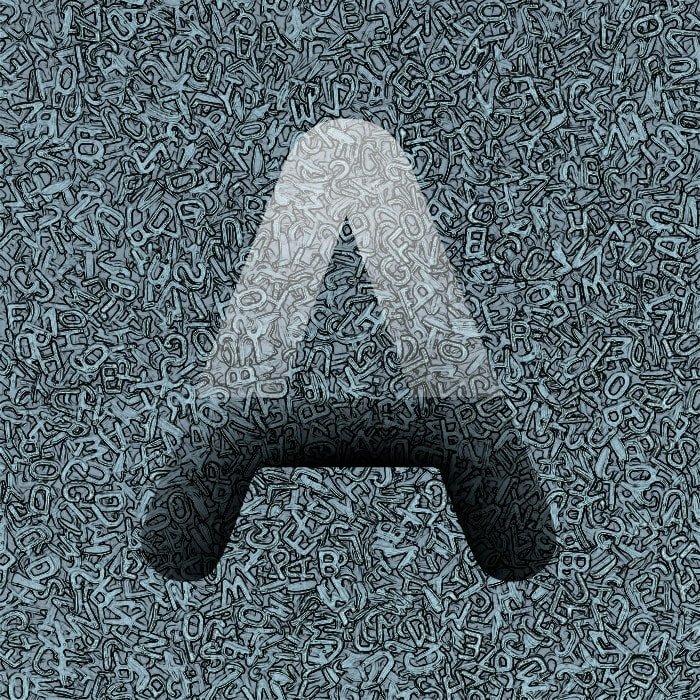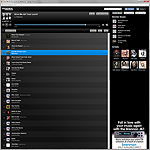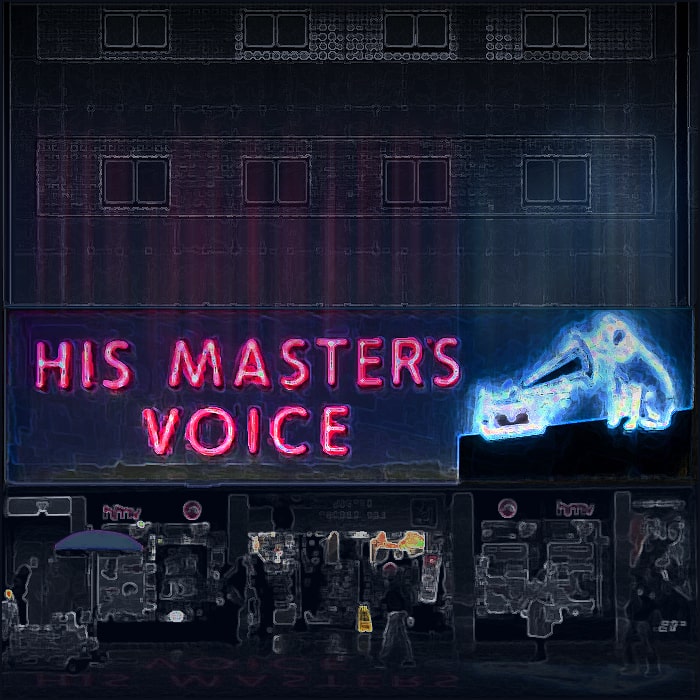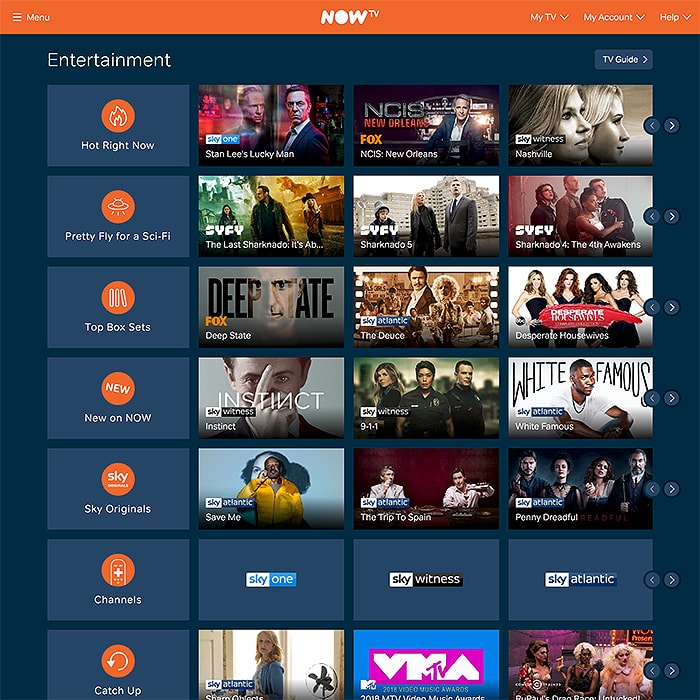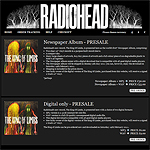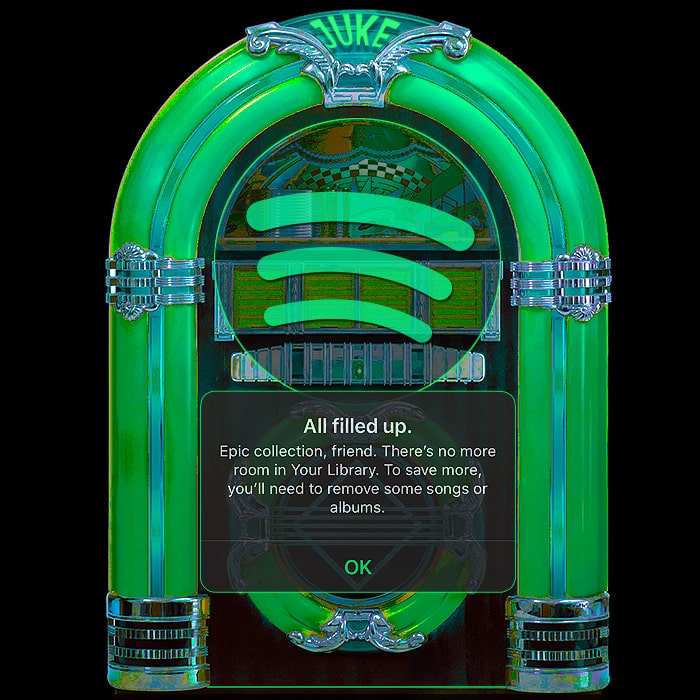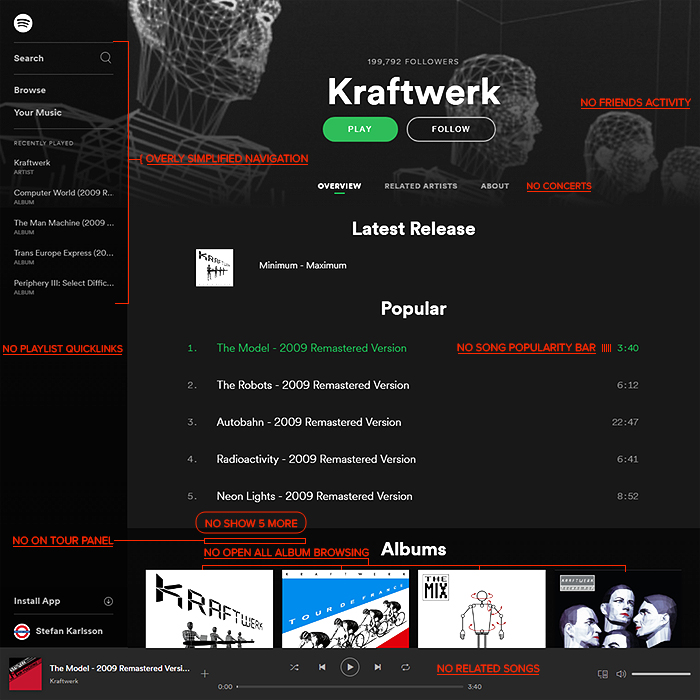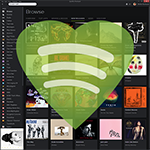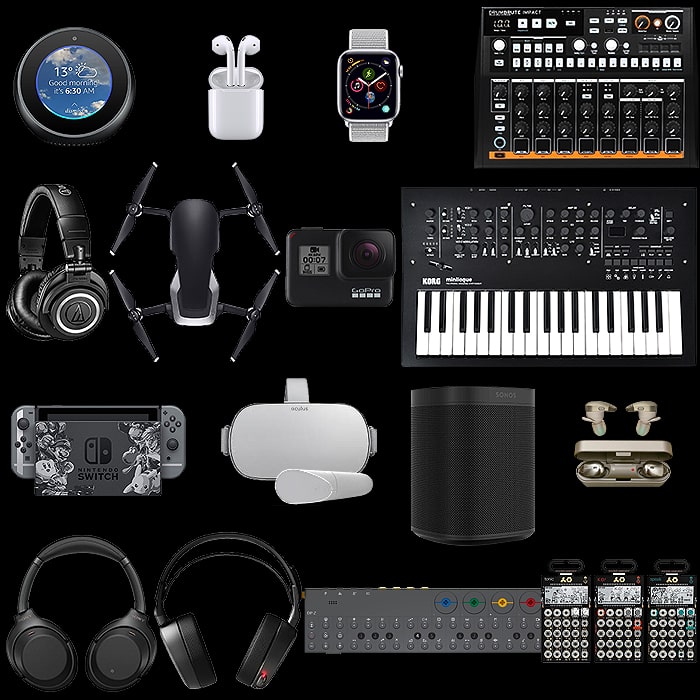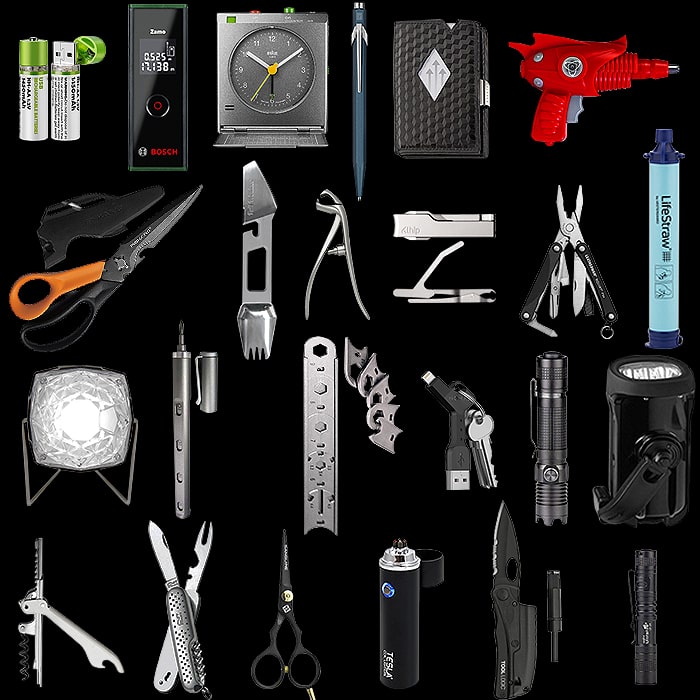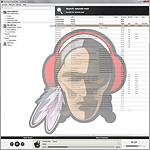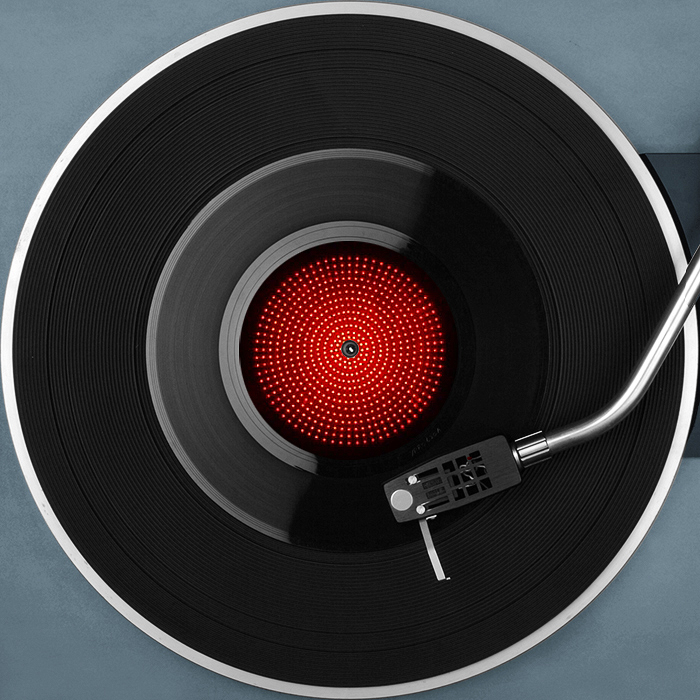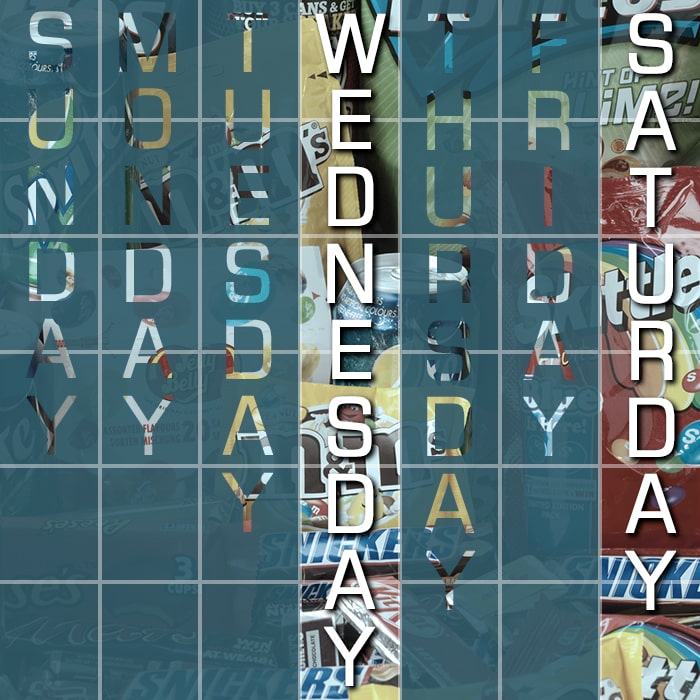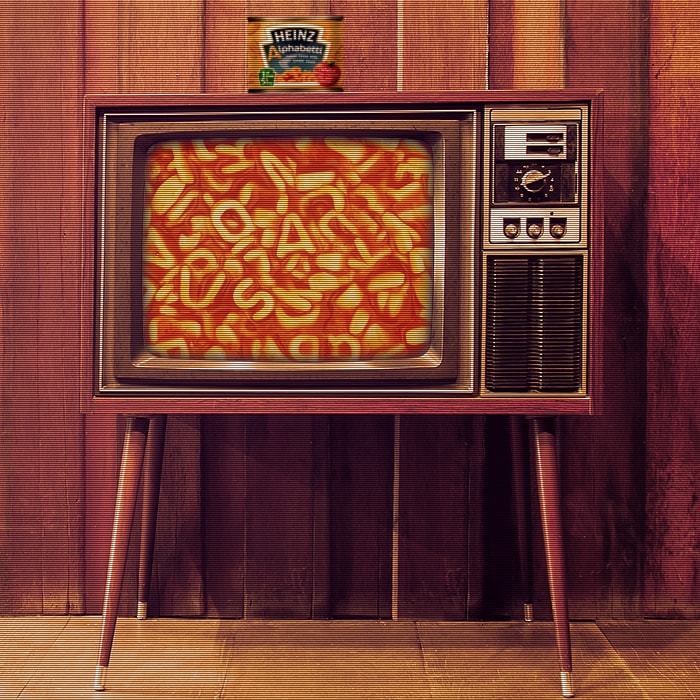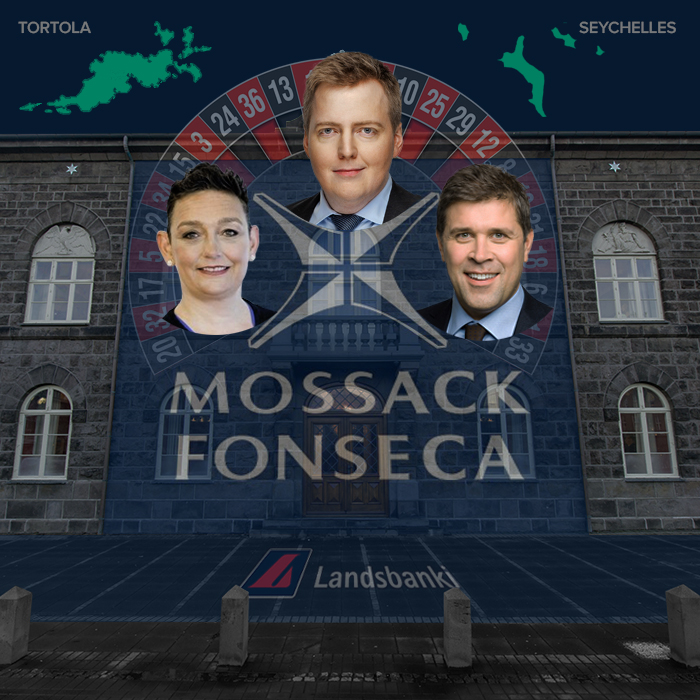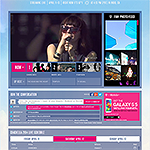How the Music Industry is Actually Killing Itself
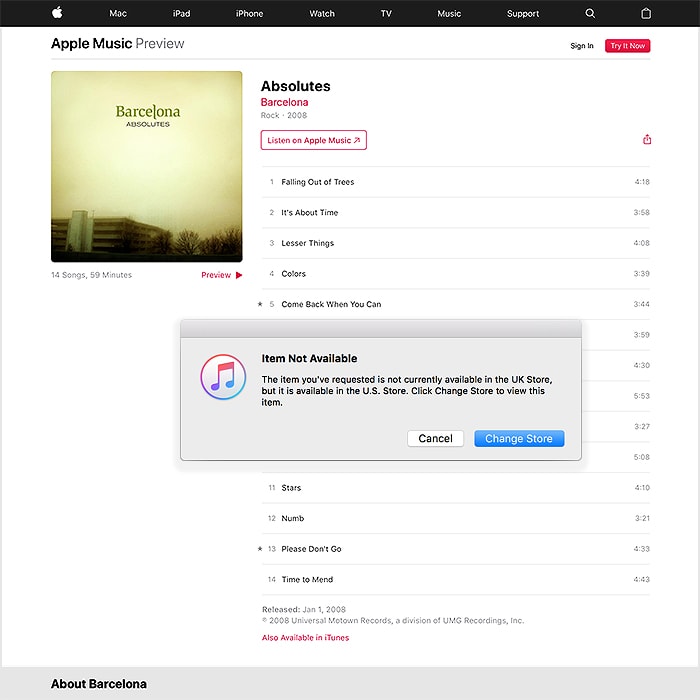
Let me preface this piece by saying that I’m one of the biggest music fans of all time. I have an extensive collection of vinyl and CD - running well into the many thousands - to such a degree that I really ran out of space. So as logic dictated - I took to digital media as the only rational way to consume, ’store’ and organise music nowadays.
Back in my youth we had Vinyl to play at home, and tape or cassettes to play in the car or on the move (Sony Walkman anyone?). We even had things like the cool portable Auto-Technica AT727 Sound Burger record player which we used at boarding school. But generally we would rely more and more on taped music / mixtapes to listen to music on the move - particularly in the car into the later teenage years. For me at least most of these were recorded from existing vinyl I or my brother owned - these were occasionally supplemented by material recorded off the radio and the occasional official mixtape and compilation - and the very occasional bootleg. Back in those days there was this whole phoney campaign co-ordinated by the recording industry - ’Home Taping is Killing Music’ which was never the case really.
In fact at the same time another recording standard was evolving - the Home Video Recorder which was initially designed just to record TV material that you could watch later - if you were out and unable to catch your show live. Yet very quickly VHS realised that the Home Video Recorder was the perfect format for ’Home Movies’ and soon officially recorded material started to be used far more than the older Home Recordings. I grew up during the heyday of Video Rentals - and the whole kind of 70’s and 80’s movie boom which was popularised by those formats. In short, Home Recording was highly prevalent in tandem with recorded playback - and while the movie studios were a lot less belligerent than the music recording industry the impact of home recording was never as much of a hit as they made it out to be. In fact even in those days the Recording Industry wanted you to buy an album on both Vinyl and Tape for different playback purposes - while for home video there was no such equivalent issue. The music industry has always had this thing that they’re really just leasing you the listening privilege for a track, and only in the format that you originally purchased it - meaning that they’ve tried to stop consumers from recording from vinyl or CD to tape. And latterly they’ve tried to stop but mostly failed to prevent consumers from making digital copies of their already owned traditional recording media. In fact there are some albums that I’ve ended up acquiring first on vinyl, then tape, then CD, then MiniDisc and then Digital - yet even then the recording industry has tried to ’cheat’ the consumer by trying to ’lock’ down the playback format to particular devices and platforms.
In this modern age, the only viable means to own a large body of music and to be able to listen to in a modern manner - from room-to-room and vehicle-to-vehicle is via digital means. In fact my two main modes of listening to music are via my desktop at work, and via my iPhone when on the move. Yet for the last few years certain worrying trends have been escalating and both the Music Industry and Apple are largely guilty of heinous crimes towards the music consumer.
A great example of this in general is the sorry state of musical licensing, global music libraries and standardisation. There are too many disparate parties that are still trying to create their own format and platform which have little general compatibility with other systems. This best manifests itself in the following manner. Nearly roughly 30% of my considerable digital music library is not available on the Apple / iTunes platform - i.e. that music just does not exist on the Apple platform - either is hasn’t been digitised yet or properly licensed.
Much of my dance music library has come from Beatport, JunoDownload and Traxsource, a lot of it has been digitised from the vinyl I own, and from CDs even. Two of my favourite all-time albums - Saga in Transit (Live) and Absolutes by Barcelona are somehow not licensed for the UK region - meaning I have had to digitise those from CDs I already own. What is galling is that if you look up those titles on Google - Google tells you they are available on Apple Music and Spotify - but once you click through it tells you that said music is not available in your territory!!!
So the only way I can consume my entire music library is to have properly digitised versions of all those songs and tracks - which I can then choose how they are arranged and sorted via playlists. I in fact had over 500 playlists on iTunes - but every time I tried to sync my collection Apple somehow managed to mangle it up - during one update I even managed to loose them all and had to recreate over a period of several months. The whole exercise of syncing the collection became so fraught that I stopped doing it - which meant I could only consume music off iTunes - and had to kiss good buy to Beatport, Juno, Seven Digital. Amazon et al - I still get regular chasers from Beatport asking what happened to me - as I used to buy music regularly from that library.
Then when I acquired my new laptop - a couple of months ago now I thought surely Apple must have sorted out the various sync issues that had blighted my music library previously - so I hit the button to sync my music with the iCloud - which was an unmitigated disaster. Apple substituted the 30% of my highly specialist library with totally bogus substitutions - as an example the DJ Morten Remix of Adele’s Hello was substituted by just the standard album track - Apple had entirely butchered my music collection!
I had some older backups of all my original MP3 files and spent a number of days trying to find a substitute for iTunes - eventually settling on the Vox Cloud Music Player - which superficially looks great but is totally half-baked and barely a working low-level substitute for iTunes. I spent a few weeks trying to recreate my library and playlists on Vox - but so unreliable is that system that I gave up in the end.
I have subscriptions with various digital music services - including Apple, Amazon and Spotify - yet none of those can provide me with more than 60% or 70% of what I need. Currently I’ve fallen back to using Spotify - which really is the best streaming service out there - but again has all kinds of weird playback issues owing to the antiquated and pig-headed ways of the music industry.
The music industry should really have been working together to give the proper music fan what they need - access to as large a global music library as is possible. Instead the music industry is constantly working against the consumer - I still spend a lot on music - yet only a fraction of what I used to since I can’t consume it any consistent or logical manner. If the music industry started to support and participate in platforms like Spotify - then we could all build something great together. But the music industry is highly peculiar in that it never seems to be working in the best interests of the actual consumer - in fact it is constantly working against the consumer - campaigning against universal licensing and access - and trying to shutter platforms like Spotify and YouTube - which are some of the few things keeping music alive.
It is quite evident that Digital is the leading music format and is here to stay - yet the music industry is still spending millions on trying to research and develop new more restrictive formats where it can do its new money for old rope routine over and over again. It’s a peculiar industry where there seems to be no industry ombudsman working on behalf of the consumer. Every decade brings a step change in the music industry - live gigs used to be the main money-maker and early albums and singles were used to promote those. Then in the 70’s and 80’s you had the rise of the ’recording artists’ who made a tonne of money though recorded music, and the concerts were more in a promotional roll. Currently - with the rise of organisations like Live Nation - the pendulum has swung again toward Live Music - but the music industry is always trying to have it both ways.
I am a proper music fan - I pay my dues and have done for years - I am not cheating anyone - the music industry is cheating me! It’s almost as if it’s a conspiracy to deny the consumers what they really want or need. I just want easy access to ALL my music and the ability to personalise via playlists and other forms of organisation. Much music is organised in a weird manner for instance one of my favourite artists is listed in all sorts of different ways - Prince, Prince and the Revolution, Prince and the New Power Generation, ’Symbol’ etc. - the only way to logically program music by such an artist is to use extensive playlists - the same is true of certain digital music producers and remixers.
All these years the music industry should have been making it more easy to access and arrange music - but they still seem set to make it more difficult for us all - shame on all of them!

Did you find this content useful?
Thank you for your input
Thank you for your feedback
Upcoming and Former Events
Affino Innovation Briefing 2024
Webinar - Introduction to Affino's Expert AI Solutions - Session #2
Webinar - Introduction to Affino's Expert AI Solutions - Session #1
PPA Independent Publisher Conference and Awards 2023
Meetings:
Google Meet and Zoom
Venue:
Soho House, Soho Works +
Registered Office:
55 Bathurst Mews
London, UK
W2 2SB
© Affino 2024


